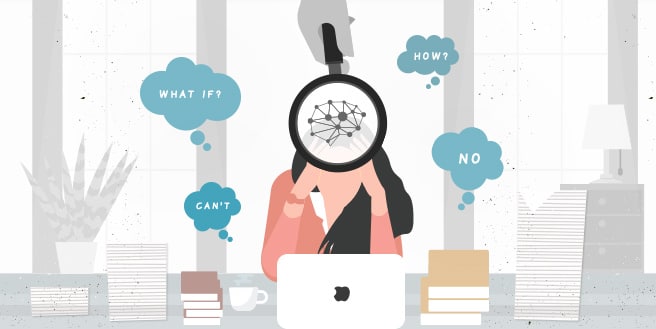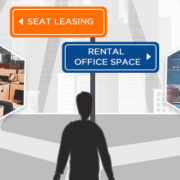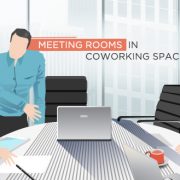How Anxiety Becomes The Root Cause To Excessive Working

An average person’s ideal career life would kick start from getting that job they have been dreaming of. After that, they would work hard enough to keep it – or even, master it – so that in the future, they can relax and take the much needed break they deserve. Yet as the time passes by, instead of flying in business-class airplanes to luxurious cities, those who have “made it” seem to be working more and more hours than they did before. Missing meals, coming in early and staying in late.
It makes people wonder, shouldn’t successful people be enjoying the fruit of all the hard work and labor they have invested instead of working even more? University of London Professor of Management of Professional Service Firms, Laura Empson, helps us understand the factors that drive employees to overwork themselves.
A Recent Trend
The stories of managers and other administrative positions working long hours have become common recently. It has become a norm for a majority of us to overwork ourselves despite of the knowledge that it’s bad for both our mental and physical health.
Truthfully speaking, things weren’t like this before. Way back, white-collar workers would work as hard as they could at the beginning of their career in order for them to earn the right to be receive rewards later on. All of their perseverance would result to a secured tenure and what could possibly be a series of senior positions.
Once you’ve won first place in the competition, you would become a partner. And partnerships would mean autonomy and flexibility in when to work as well as what to work on.
But contrary to popular belief, this tradition has long been erased in the culture of organizations. Seniors are working harder than ever and the rest of the firm simply follows.
Anxiety, Overworking and Other Contributing Factors
Empson said in a statement from a Harvard Business Review article that the tendency of overworking one’s self is framed by a compound combination of factors such as profession, organization and themselves. According to her research, at the heart of it is a professional’s insecurity. Employees in general, have anxiety peaks whenever contemplating about when work is actually done, how their respective management perceives its people, and most importantly, what counts as hard work. This indefinite knowledge regarding work delivery causes anxiety attacks since there’s no concrete way of telling when the aforementioned tasks is actually completed.
Professionals are constantly out to reassure their employers that they are worth the high salary they are being paid for and that they are far more valuable than their closest colleague. And when working outside the regular hours and staying late a few days a week starts to become so familiar its normal. Overworking goes unnoticed and we find ourselves taking more responsibilities in order to fulfill the need to “contribute efficiently” to the company.
But it’s not just the inherent self-doubt of employees causing this phenomenon. Organizational pressures also contributes to it so much so that even the most established members of the workforce feel the need to stay in late.
Empson’s research revealed that some firms actually hire insecure overachievers on purpose for their incredible ambitiousness and motivation. These are the kind of self-disciplined people pursuing elite positions. The constant need for validation is what drives them work harder in order to prove themselves worthy.
She notes that though it can be rewarding and exhilarating, it’s important to consider how this work related anxiety affects your daily living. It’s vital that we acknowledge how we are driving ourselves – as well as our staff – too hard. Empson emphasizes that there is a need to learn how to help your team and that it’s important to take a step back when things are getting out of hand.
A Perfect Balance
Slowly but surely, administrators and other heads of organizations are recognizing the said phenomenon. Small steps are being implemented to slowly incorporate wellness breaks into their respective cultures.
And one of the most common solutions is transferring teams into coworking spaces.
The promise of a better work-life balance and a supportive community is just a sampler of what the shared offices can offer. Freelancers, startups, and now, large companies are joining the movement in hopes of finding that spark in doing what they love. With a diverse group of people all aiming to collaborate and support one another, individuals start to feel less and less insecure about their work. Moreover, it provides them a brand new security that the hours they are already putting in is enough to be classified as hard work.
Learn more about how a change in surrounding can lessen over working by booking a tour with us today!












Leave a Reply
Want to join the discussion?Feel free to contribute!